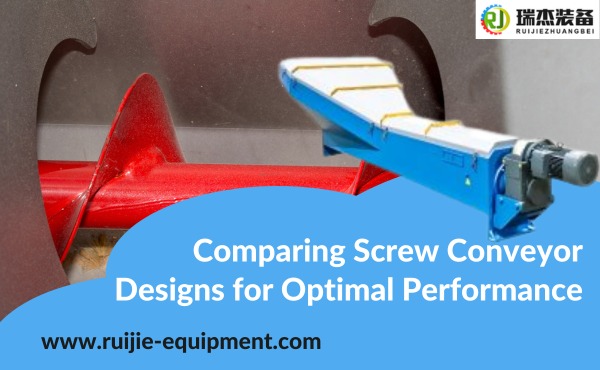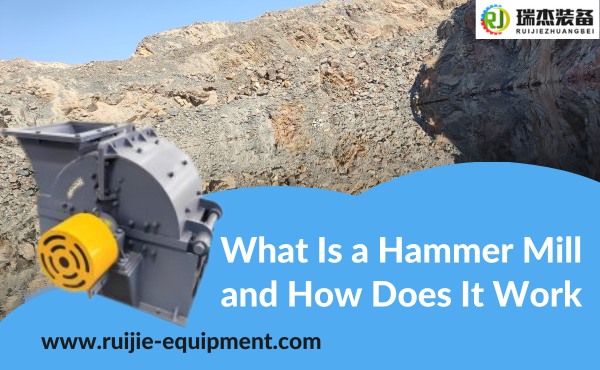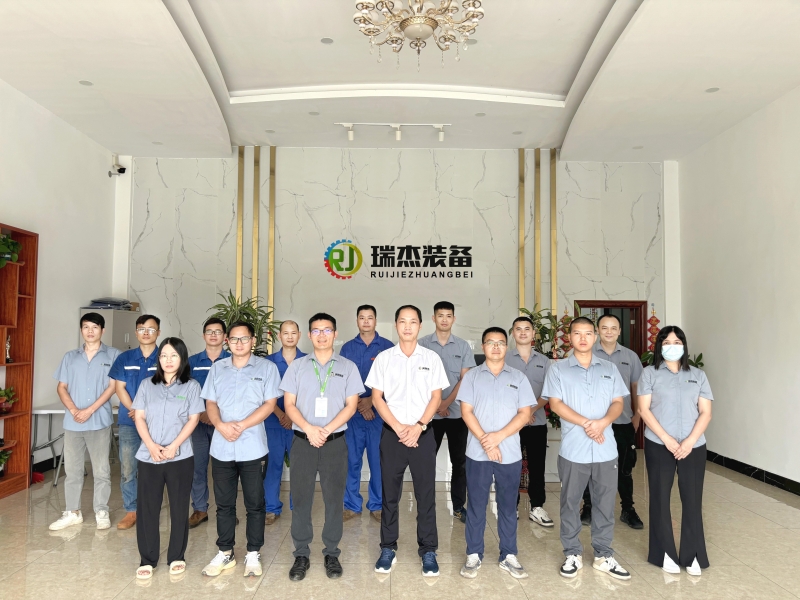Recycle Scrap Metal is the process of reusing iron, steel, aluminum, copper, etc, waste using a recycler and then making new products. It represents both an economically and environmentally sustainable method for acquiring and re-utilizing metals, as it requires significantly less energy and keeps this non-biodegradable waste out of landfills.
Besides, it significantly cuts the costs of extracting metals from natural resources, saving resources and energy, thus preventing the environment from being exploited.
Such machinery is in the process of being adopted for the sorting and separation of valuable metals by companies such as Ruijie Equipment. We’ll explore the importance of recycling metals, its benefits, and how technology is transforming the recycling process.
Helps Preserve Natural Resources
Many metals, including iron, steel, aluminum, copper, and precious metals, are non-biodegradable and can be recycled indefinitely to the fact that which will reduce the need for extracting new metals from their purely natural sources.
BMRA argues that metal recycling is possible since it can be used endlessly without a deterioration in the quality of the material. This perpetual recyclability can be attributed to the social values supporting a circular economy, thereby reducing the impact of the loss of natural habitats.
Recycling Reserves in Energy Conservation
It is a known fact that the process of recycling takes much less energy as compared to extraction from scratch. For example, the recycling of steel requires 70 percent less energy than it takes to produce it from iron ore.
This significant energy saving leads to reduced costs of production and also the reduction in the use of fossil energy, hence leading to the promotion of sustainable industrialization.
It Minimizes Greenhouse Gas Emissions
Since energy is conserved through metal recycling, the expulsion of greenhouse gas emissions is also minimized, highlighting the benefits of recycling. The BMRA notes that recycling metal emits 80% less CO₂ than production from raw materials, showcasing the benefits of metal recycling.
These are important measures that help to reduce the intensity of climate change and reduce the level of bad aerosols in the atmosphere, hence minimizing the health hazards of the population, while also emphasizing the benefits of scrap metal recycling.
It’s Cost-Effective
Scrap iron and steel recycling has a high economic value. The reuse of such recyclable items helps, as processing new products is cheaper than mining and purifying new raw materials, further supporting the benefits of recycling.
- It reduces the necessity of mining for new metals.
- Recycled products are cost-effective.
In the same process, employment is created in the recycling business, thus promoting the economy. Recycling facilities offer more employment opportunities than the disposal of waste in landfills.
Waste Reduction and Landfill Diversion
Reusing helps to reduce the load that such systems have to handle and also minimizes environmental pollution. They remain static, and metallic wastes deposited in landfill sites may take about three centuries or more to degrade and seep out the hazardous product into soils and water. In this way, these materials are put back into the cycle for production by reprocessing, and this reduces environmental degradation.
The Role of Technology in Enhancing Recycling Efficiency
More so, technology has enhanced the recycling process by improving the models. Ruijie-Equipment has also come up with sophisticated equipment for separating different types of ferrous metal, hence improving the quality of the recycled material. For instance, their popularity includes the likes of gravity sorting machines and magnetic separators, which are somewhat crucial in sorting out this complex industrial waste by facilitating the recovery of metals that otherwise could be deemed useless.
The Growing Demand for Scrap Metal Recycling
In the past couple of decades, the growth of industries and an increase in the demand for recycled metals.
This explains why the demand for metals like steel, aluminum, and copper continues to rise because they are used in construction, the automobile industry, electrical, and many other industries.
However, depending solely on virgin metal extraction is not advisable since they are a source of destroying natural resources and is destructive to the environment. Recycling, therefore, is considered a viable source of raw materials since it offers an endless supply without having to pay the cost of resource extraction.
Most Government Encourage Metal Recycling
To promote scrap recycling, there are strict laws passed by many governments in the world today.
These goals include waste disposal and reprocessing, reduction of Greenhouse Gas emissions and waste, conservation of natural resources, and promoting the recycling industry.
For instance, in the European Union, anti-recycling laws require the industries involved to achieve certain aims set down to reduce harm to the environment.
Thus, the US has offered incentives and tax credits for companies that invest in recycling technologies.
Adherence to these rules is in the interest of the general environment, as well as the general profits of any corporation aiming to decrease operating costs and increase sustainability.
Ruijie-Equipment’s Advanced Recycling Solutions
To facilitate proper metal recycling, modern technologies can be used to sort and separate valuable metals from industrial waste. Ruijie-Equipment manufactures efficient and advanced machinery for this purpose. Their products include magnetic separators, eddy current separators, gravity sorting machines, screening equipment, and crushing machinery, all designed for metal purification in minerals, slag, ASR, IBA, and more.
The Eddy Current Separator offered by Ruijie-Equipment effectively isolates and recovers non-ferrous metals from different kinds of waste. It is efficiently helpful in the regeneration of Aluminum and copper from slag, so that it decreases the percentage of wastage and also improves the rate of recycling.
Frequently Asked Questions (FAQs)
Why should we recycle scrap metal?
Recycling scrap metal conserves natural resources, reduces energy consumption, and minimizes environmental impact while promoting a circular economy.
What are the environmental benefits of metal recycling?
It reduces greenhouse gas emissions, decreases landfill waste, and prevents harmful pollutants from contaminating soil and water, illustrating the benefits of recycling scrap metal.
How does recycling scrap metal save energy?
Recycling metals like steel and aluminum requires up to 70% less energy than producing them from raw ores, cutting down on fossil fuel use.
What economic advantages does scrap metal recycling offer?
It lowers production costs, creates jobs in this sector, and provides industries with a cost-effective source of raw materials.
How does Ruijie-Equipment enhance metal recycling efficiency?
Ruijie-Equipment manufactures advanced machinery like magnetic separators, gravity sorting machines, and eddy current separators to optimize metal recovery in the recycling industry.
Conclusion
Scrap metal recycling is an important practice that has potential benefits in society as well as being economically beneficial. It helps in the preservation of natural resources, reduces energy use, leads to a reduction in greenhouse gas emissions, and stands for efficient cost and estimates, in addition to job creation.
Organizations such as Ruijie-Equipment are crucial in this ecosystem by offering tools that boost the efficiency of metal recycling companies and support environmental conservation.
It promotes increased metal consumption in industrial uses, but also is significant for making the planet better to live in for future generations, underscoring the benefits of recycling.
Reference:
https://www.simsmm.com/blog/2022/five-reasons-to-recycle-scrap-metal/
https://axil-is.com/blogs-articles/five-reasons-why-its-important-to-recycle-metals/
https://www.recyclemetals.org/about-metal-recycling/ten-reasons-to-recycle-metal.html










